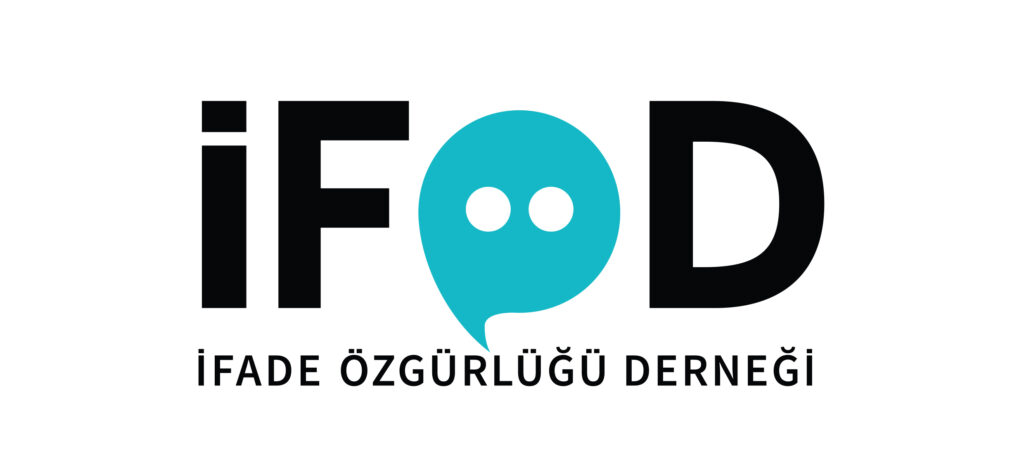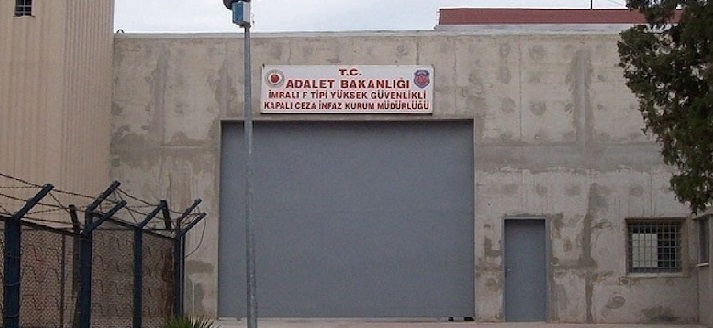
According to the report released by the Freedom of Expression Association (İFÖD), “While access to 80,553 websites was blocked from Turkey as of the beginning of 2015, this figure is 288,310 in total as of October 2019.”
The Freedom of Expression Association (İFÖD) has released its “Report and Recommendations for the UN Universal Periodic Review on Turkey”.
In the report released by the İFÖD, which is an independent non-governmental organization specialized in defending and promoting freedom of expression, it has been underlined that “the number of websites blocked from Turkey has exponentially risen since 2015.”
The report has shared the following information in brief:
“While as of the beginning of 2015, access to 80,553 websites was blocked from Turkey, as of the end of 2018, the number of blocked websites rose to 245,825. As of the end of October 2019, access to a total of 288,310 websites are currently blocked from Turkey. Therefore, compared to when the UPR 2015 recommendations were made, the number of blocked websites has risen exponentially by 358 percent.
“Furthermore, over 48,000 URL-based blocking orders have been issued since 2014, resulting in over 150,000 URLs blocked from Turkey to protect individual rights such as reputation. The rise in censorship in Turkey has reached to an astonishing level. This is also evident in the annual transparency reports published by social media platforms.
“The ranking of Turkey is strikingly worrying especially in Twitter Transparency Reports when compared with other countries. Since Twitter is more commonly used for political debate and expressions in Turkey compared to other social media platforms, the total number of removal and withdrawal requests in terms of accounts and tweets is much higher than Russia and France, its immediate followers in the rankings.”
The report has listed the following recommendations:
“Bring the restrictions on Internet access to global platforms such as Wikipedia to an end;
“Bring the Internet Law in line with international and European standards, including with the case law of the European Court of Human Rights on the right to freedom of expression;
“Revise the Internet related law and regulations to ensure blocking decisions are issued only by the courts or judges rather than by a wide range of administrative authorities;
“Ensure that the blocking decisions are only issued with regards to the specific content (“URL”) rather than to domain names and full websites and ensure that blocking decisions are only issued for a limited period of time rather than indefinitely;
“Repeal Law No. 5651 blocking provisions to ensure the right to seek, receive, and impart information in the exercise of freedom of opinion and expression.” (BIA /AÖ/SD)
Report and Recommendations for the UN Universal Periodic Reviewon Turkey in PDF


